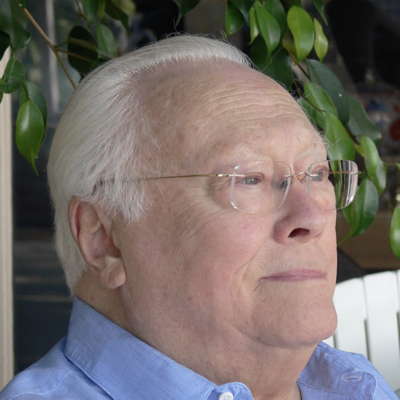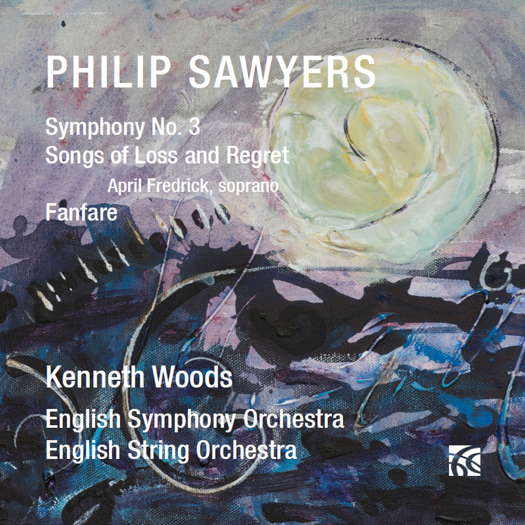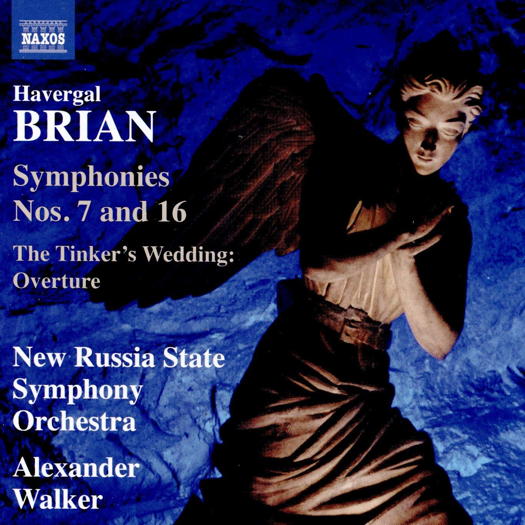- Grand Piano
- Ariodante
- Lamentations
- Herrmann
- Charles Villiers Stanford
- Cala Records
- Helena Rathbone
- Access Entertainment
 VIDEO PODCAST: Find out about composers from unusual places, including Gerard Schurmann, Giya Kancheli, Nazib Zhiganov and Nodar Gabunia, about singing in cars, and meet Jim Hutton from the RLPO and some of our regular contributors.
VIDEO PODCAST: Find out about composers from unusual places, including Gerard Schurmann, Giya Kancheli, Nazib Zhiganov and Nodar Gabunia, about singing in cars, and meet Jim Hutton from the RLPO and some of our regular contributors.
 SPONSORED: CD Spotlight. View from the Celli - Philip Sawyers' Symphony No 3 impresses Alice McVeigh.
SPONSORED: CD Spotlight. View from the Celli - Philip Sawyers' Symphony No 3 impresses Alice McVeigh.
All sponsored features >>

Novel Sounds and Experimentation
Havergal Brian's Symphonies Nos 7 and 16,
heard by GERALD FENECH
'Alexander Walker and his Russian forces give passionately committed performances, highly idiomatic and bursting with excitement.'
Havergal Brian (1876-1972) is undoubtedly Britain's most prolific twentieth century symphonic composer. Although largely self-taught and educated, Brian was extremely well read, and his literary tastes informed practically all of his output. Also, he was able to master German, French and Italian, so he could turn to poets and authors from these countries for a number of his stageworks. Still, when all is said and done, Brian's reputation rests almost entirely on his thirty-two symphonies, which he wrote between 1919 and 1968. Amazingly, the composer's fecundity grew as he got older, and the last 25 of these symphonies were composed during the last two decades of his life. This, in addition to a considerable number of other works in different genres.
The expansive Seventh was composed in 1948 and finds its inspiration from Goethe's autobiographical account of his student days in Strasbourg. But more so, the work represents a coming to terms with the reality of a glorious German cultural legacy that now seemed so tragically sullied by the horrific events of the Second World War which were still in everyone's memory. Maybe this is the reason for the strange combination of nostalgia and violent repudiation that seem fundamental to later portions of this emotionally complex symphony?
Listen — Havergal Brian: Allegro moderato (Symphony No 7)
(track 2, 3:24-4:24) © 2019 Naxos Rights (Europe) Ltd :
Between November 1959 and January 1961, after a two-and-a-half-year hiatus in which he wrote no music at all, the composer wrote no less than five symphonies (Nos 13-17), all short works but full of novel sounds and experimentation. Evoking ancient Greece and the savagery of the Persian Wars, the 16th symphony (1960) contains some of Brian's most dissonant harmonies and fearless utterances, and despite its brevity - fifteen mins - the work leaves a huge impact on the listener.
Listen — Havergal Brian: Symphony No 16
(track 6, 14:14-15:14) © 2019 Naxos Rights (Europe) Ltd :
The programme fittingly also includes the delightful comedy Overture The Tinker's Wedding, also from 1948, a sparkling piece of orchestration that soothingly alleviates the tempestuous angst of the symphonies.
Listen — Havergal Brian: Overture The Tinker's Wedding
(track 1, 6:59-7:59) © 2019 Naxos Rights (Europe) Ltd :
Alexander Walker and his Russian forces give passionately committed performances, highly idiomatic and bursting with excitement. Indeed, the music flows with an intensity that is never short of thrilling. Another fine instalment in the ongoing Naxos Havergal Brian series in brilliant sound and detailed notes.
Copyright © 3 June 2019
Gerald Fenech,
Gzira, Malta



